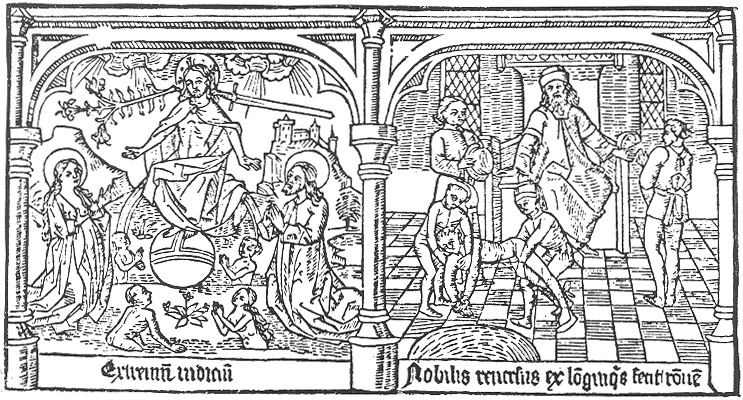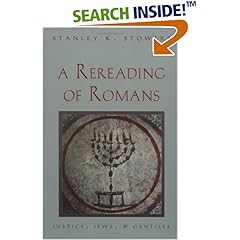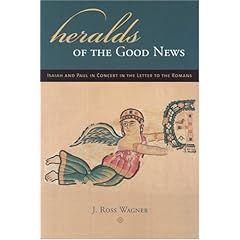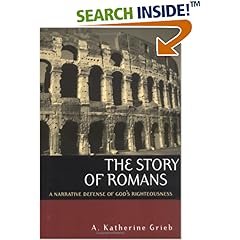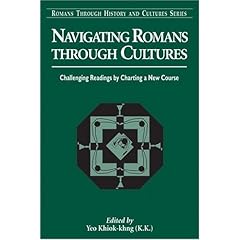
As argued in my last post, the historical questions surrounding the Edict of Claudius ought to give us serious pause when using it as an interpretive key to unlock Paul's letter to the Romans. From what I can make out, it seems that most of those who use the Edict of Claudius, as a key, do so only after reading the letter and coming to a position of Jew/Gentile conflict from their reading. The Edict, then corroborates that reading, so it is used to further substantiate their view. Of course many combine this with the reference in Acts, and are even further convinced that Claudius expelled the Jews and probably Jewish Christians from Rome. The point though, is that they don't need the Edict in order to hold this thesis, namely because this particular reading of Romans is sustainable without any Edict. The conflict, that may or may not be depicted in the letter, could just as easily represent the status that one group has achieved over another in the realm of followers, ideas, or theology; rather than due to a prolonged geographical absence and then return.
So what, if anything, lies behind this Edict? I will offer a preliminary sketch of what I believe the Edict tells us, and then in a future post will attempt to further develop what some of the implications are for Paul's letter to the Romans.
The Edict of Claudius: What does it tell us about Romans?
Erich Gruen in his masterful work on the Jews in the Diaspora (note: everyone serious about the study of Second Temple Judaism and its relationship to the NT ought to read this work) seems to offer a sober and reasoned response to the debate surrounding the Edict of Claudius. Gruen, a historian, notes that if you look at the actions taken against the Jews in antiquity the Jews were never the sole targets but always involved other groups. This is an important suggestion especially when we take into account the context of Claudius rule, namely that of Claudius' public concern over Roman religion and ritual. Claudius was mindful of the rumors surrounding his rise to power, and on many occasions during his rule took opportunities to distance himself publicly from the manner in which Caligula ruled, i.e. Caligula, if you remember, was known for openly mocking the average Roman’s relationship with the gods. Because many questioned Claudius right to the “throne”, he was careful to make sure that the ideology of the Roman Imperial Order prevailed, and as we all know, in antiquity; religion, ritual, and politics were all intermingled.
So due to the context of Claudius’ rule, coupled with the fact that actions against the Jews were usually grouped together with other outsiders; we may reasonably conclude that the Edict was more about imperial propaganda rather than the idea that a large number of Jews were actually forcibly removed from Rome. It is suggested then that Claudius took the disturbance fostered by Chrestus as an opportunity for political publicity against the “other”, rather than a showing of power to quell a real threat. Since it was key for Claudius to depict himself as a guardian of ancient Roman religion and ritual, and to show his continuity with the ancient traditions and power structures that were essential to the ideology of Roman rule, this Edict probably coincides nicely with his resurrection of ancient national rituals and actions against alien cults, then it does with forced exile.


